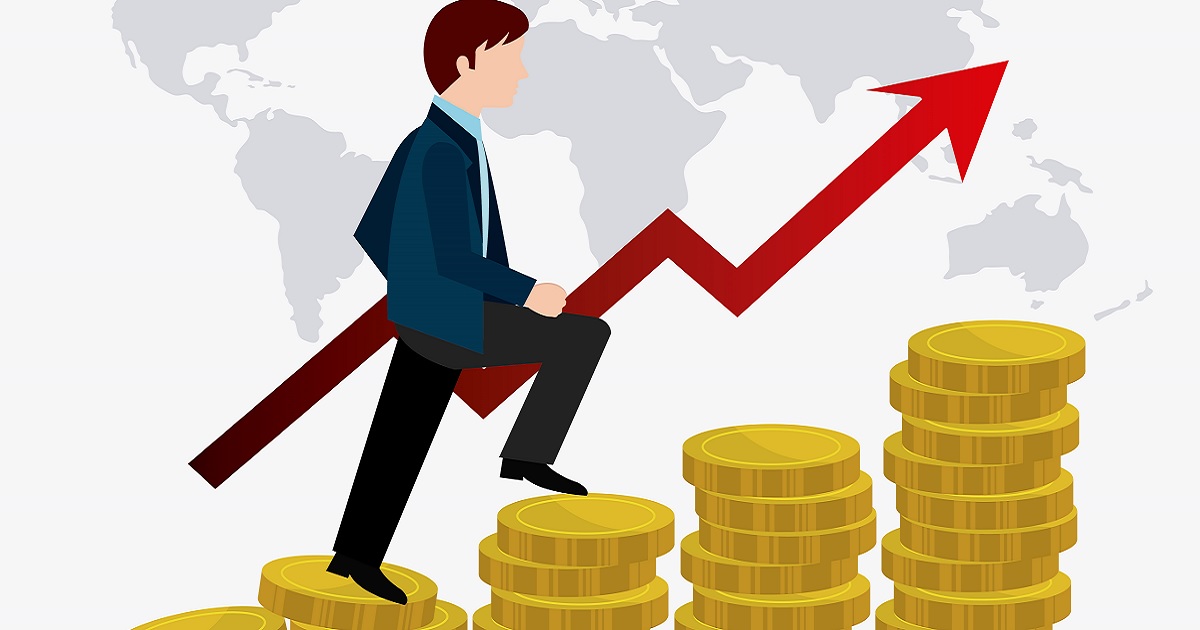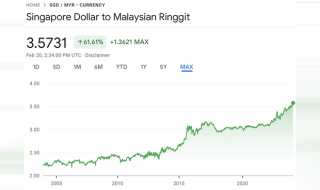
So you’re currently at the crossroads between saving and investing? CNBC Select spoke to a couple of certified financial planners regarding this issue.
According to Gordon Achtermann, a Virginia-based certified financial planner, you have to ask yourself these three questions and give a solid yes before you decide to start investing.
#1: Do I have an adequate emergency fund?
Take a good look at the amount of cash you can fall back on if the need arises. According to experts, it’s generally wise to build short-term savings and then invest with the extra cash you have left.
You have to also be aware that your money can fluctuate depending on the daily changes in the market. So, there is much more risk to bear than compared to a savings plan.
Adequate emergency fund varies from person to person but Achtermann provides these guidelines to determine the amount you should have:
- 3 months of expenses: For couples with two incomes and very secure employment
- 6 months of expenses: For couples with two incomes but less secure employment or one partner not working
- 1 year of expenses: 1 year of expenses for one income that is less than very secure
#2: Am I committed to leaving the money in place for 2 to 5 years or longer?
“Investing the cash in a diversified portfolio will usually yield a higher average return than leaving it in a savings account,” says Sebastian Rollén, a senior investing researcher at Betterment.
But to do so, you should be prepared for some shifts in your balance and expect your money to remain invested for more than a couple of years before you withdraw.
#3: Can I weather the ups and downs of the market?
Here, we’re talking about risks. You must be confident enough to handle the rapid and unpredictable changes in the market.
According to Scott Cole, an Alabama-based certified financial planner, what you want to avoid is having your money subject to risk when you actually need the money.
If you think you will need the money within less than two to three years, then avoid investing it. Instead, use whatever you have to build up savings that offer more security. But if you do not require the current funds in the next 10 years, then put that money in the market.
What were your answers?
At the start of this article, we mentioned that you have to give a solid yes before venturing into investments. If you’re sitting on the fence for even one of the questions stated above, then you’re clearly not 100% ready to get your head into the whole investment game.
But that doesn’t mean all hope is lost. First and foremost, focus on your savings. Without it, you will never ever get to invest. Maybe a year or two later, you can recheck your financial status and take a step into low-risk investment portfolios.





